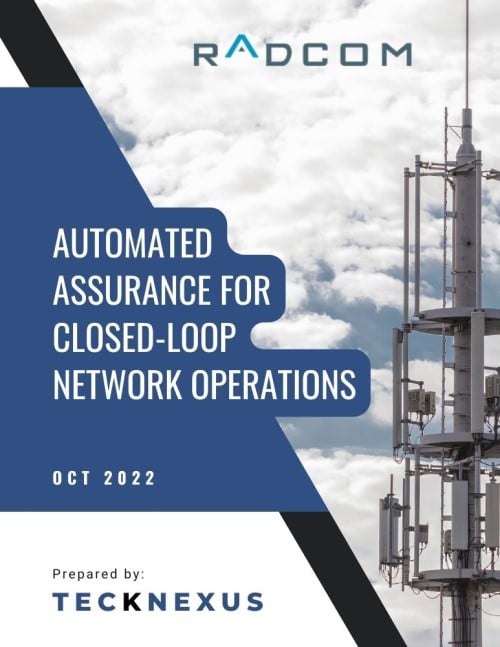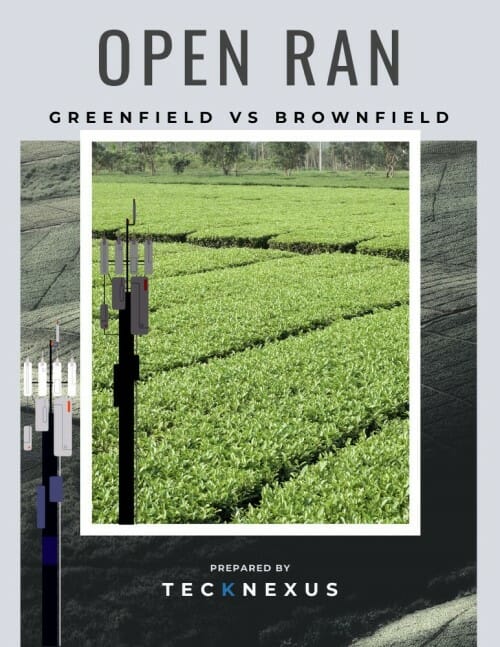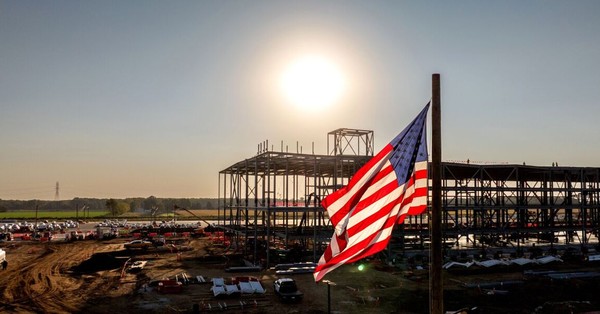PETRONAS and Telekom Malaysia Unveil Private 5G at Bintulu LNG Complex
PETRONAS, Malaysia’s leading energy company, in collaboration with Telekom Malaysia (TM), has successfully launched a Private 5G network at the PETRONAS LNG Complex in Bintulu, Sarawak. This development marks a significant milestone in advancing connectivity and operational efficiency in the energy sector. The new deployment is part of PETRONAS‘ broader initiative to integrate advanced technologies across its operations, ensuring the company remains at the forefront of global energy innovation.
Meeting the Demands of Modernizing Energy Operations
The energy industry is under immense pressure to modernize its operations while maintaining high levels of safety and efficiency. Traditional communication networks often struggle to meet the demanding requirements of large-scale industrial operations, such as those at PETRONAS’ LNG complex, which has a production capacity of 29.8 million tonnes per annum. The need for ultra-reliable, low-latency communication to streamline operations and enhance safety across various production processes has driven the push towards more advanced solutions like Private 5G networks.
PETRONAS Implements Private 5G for Enhanced Connectivity
In response to these challenges, PETRONAS and TM have implemented a Private 5G network at the Bintulu LNG complex. This deployment follows the successful launch of Malaysia’s first enterprise Private 5G network at PETRONAS’ Regasification Terminal Sungai Udang (RGTSU) in 2022. The Private 5G network offers ultra-high-speed connectivity with low latency, enabling real-time communication between control hubs, production sites, and vessels. This network is designed to support a range of advanced applications, including industrial IoT, drones, robotics, extended reality (XR), and Artificial Intelligence (AI), all of which are essential for modernizing the energy sector.
Government Endorsement Highlights 5G’s Role in Energy Transformation
The launch event at the PETRONAS LNG complex in Bintulu was attended by key government officials, including the Minister of Digital, Gobind Singh Deo, and Deputy Minister of Digital, Datuk Wilson Ugak Kumbong. During the event, Gobind Singh Deo emphasized the critical role of 5G in transforming the energy sector. He highlighted how 5G technology enhances operational efficiency and safety by supporting intelligent systems like industrial IoT, AI, and robotics. PETRONAS’ Senior Vice President of LNG Assets, Abang Yusuf Abang Puteh, also underscored the importance of integrating 5G with IoT, AI, and automation to streamline workflows and boost productivity while ensuring safety.
Leveraging 5G, AI, and IoT for Operational Excellence
The decision to deploy a Private 5G network at the Bintulu LNG complex reflects PETRONAS’ commitment to leveraging cutting-edge technologies to enhance its operations. The 5G network provides a secure, reliable connection that supports real-time monitoring and analytics, remote maintenance, and other advanced applications. By integrating AI, IoT, and automation, PETRONAS can significantly improve the efficiency of its operations while reducing the risk of human error.
Boosting Efficiency and Safety with Private 5G
The deployment of the Private 5G network at the Bintulu LNG complex is expected to deliver several key benefits. These include increased productivity, improved operational efficiency, and enhanced safety across critical production processes. The network’s ability to support advanced technologies like industrial IoT and AI will also enable PETRONAS to automate data collection and streamline workflows, leading to more efficient and safer operations.
Setting a New Standard in Energy Sector Digitalization
The successful deployment of the Private 5G network at the PETRONAS LNG complex sets a precedent for the energy industry, both in Malaysia and globally. As more energy companies look to modernize their operations, the integration of Private 5G networks with advanced technologies like AI and IoT will likely become standard practice. This shift towards digitalization will drive greater efficiency, safety, and sustainability across the industry.
PETRONAS Leads the Way in Energy Digital Transformation
PETRONAS has demonstrated its leadership in the energy sector by embracing digital transformation through the deployment of Private 5G networks. By partnering with TM and other technology providers, PETRONAS is positioning itself as a pioneer in the use of advanced technologies to improve operational efficiency and safety. This initiative aligns with PETRONAS’ broader strategy to meet the evolving demands of the global energy landscape.
Telekom Malaysia’s Key Contribution to 5G Deployment
TM has played a crucial role in the deployment of the Private 5G network at the Bintulu LNG complex. As Malaysia’s national mobile operator, TM has the expertise and infrastructure necessary to support large-scale 5G deployments. The collaboration between PETRONAS, TM, and Digital Nasional Berhad (DNB) highlights the importance of partnerships in driving digital innovation and ensuring the success of such initiatives.
PETRONAS’ 5G Network Operational at Bintulu LNG Complex
The Private 5G network at the Bintulu LNG complex is fully operational, marking a significant achievement in PETRONAS’ ongoing efforts to modernize its operations. The network is expected to deliver immediate benefits in terms of productivity, efficiency, and safety, with further enhancements planned as PETRONAS and TM continue to explore new opportunities for digital transformation.
The deployment of the Private 5G network at the Bintulu LNG complex follows the successful launch of Malaysia’s first enterprise Private 5G network at PETRONAS’ RGTSU in 2022. PETRONAS and TM plan to continue their collaboration, with the potential to expand the distribution of Private 5G networks to additional sites in the future. This ongoing effort will ensure that PETRONAS remains at the forefront of technological innovation in the energy sector.
The initiative has received strong support from government officials, including the Minister of Digital, Gobind Singh Deo, who praised PETRONAS, TM, and DNB for their leadership in digitalizing Malaysia’s energy sector. This endorsement underscores the importance of the Private 5G network deployment in driving the digital transformation of the energy industry.








































